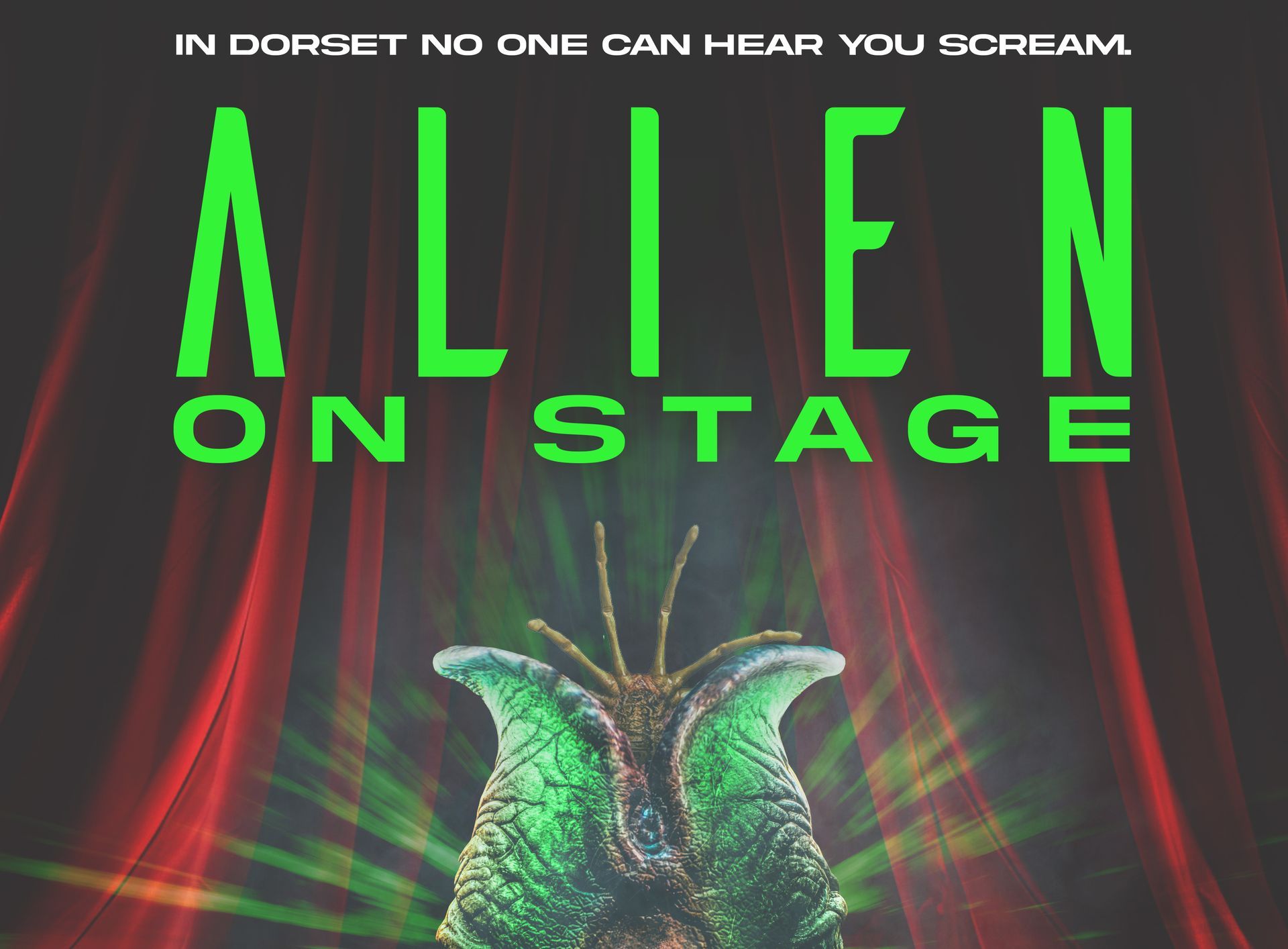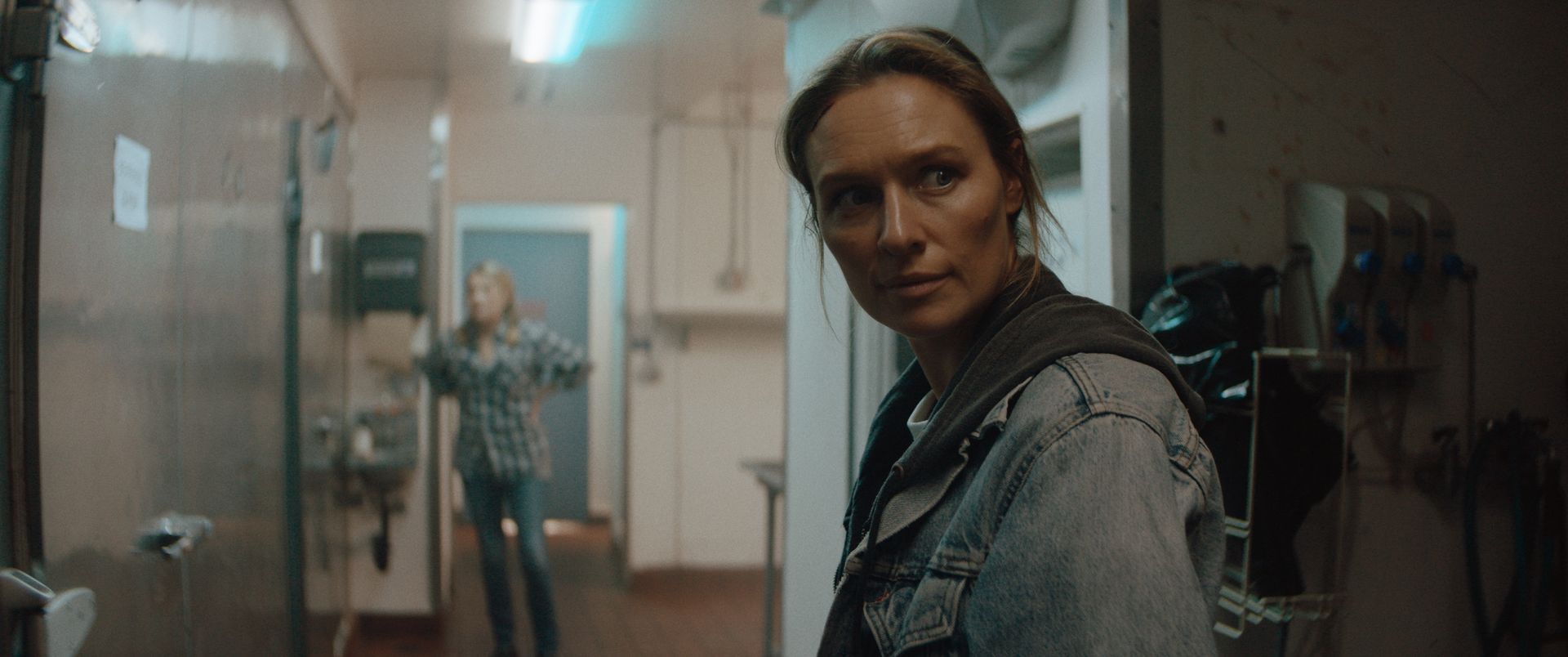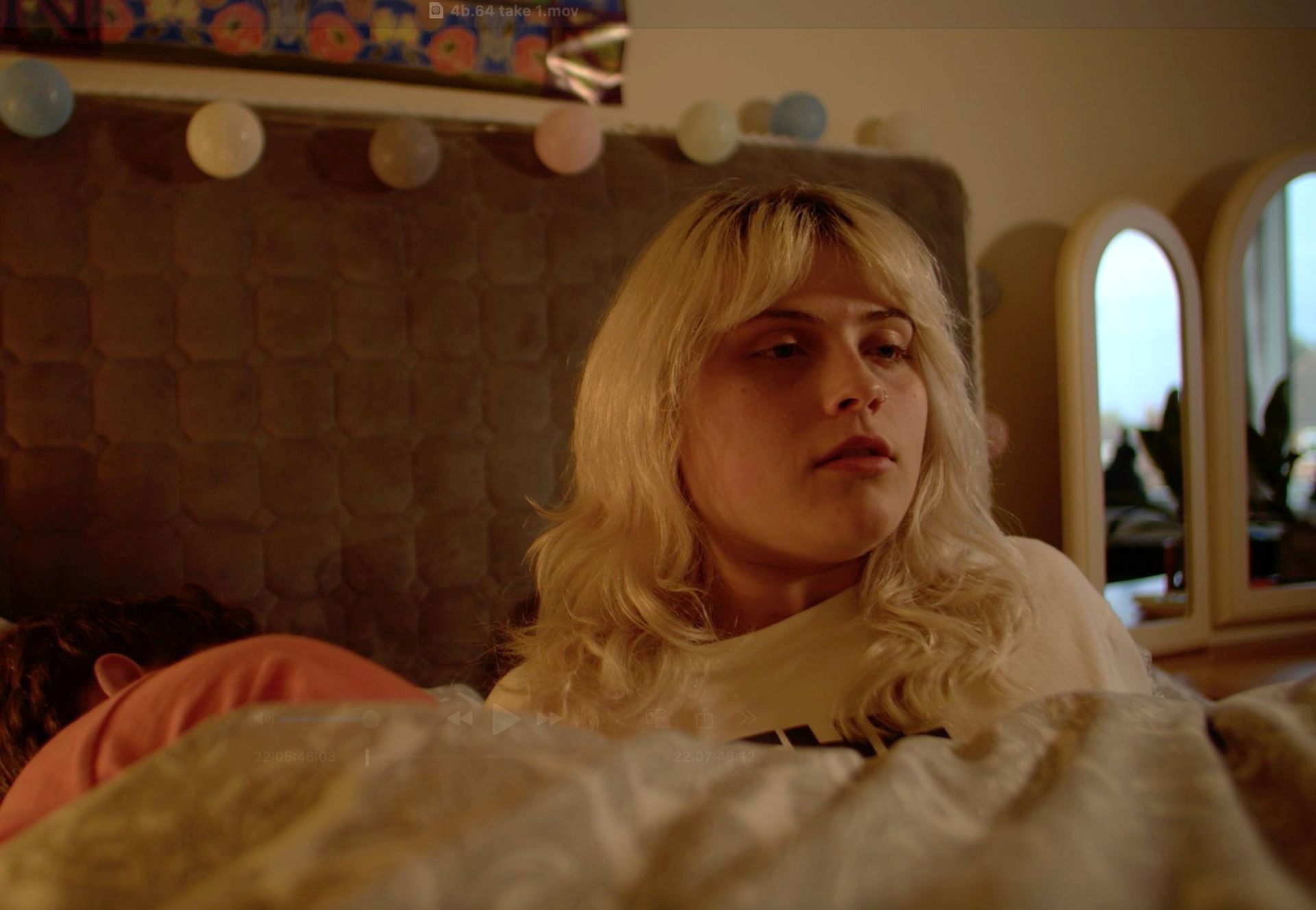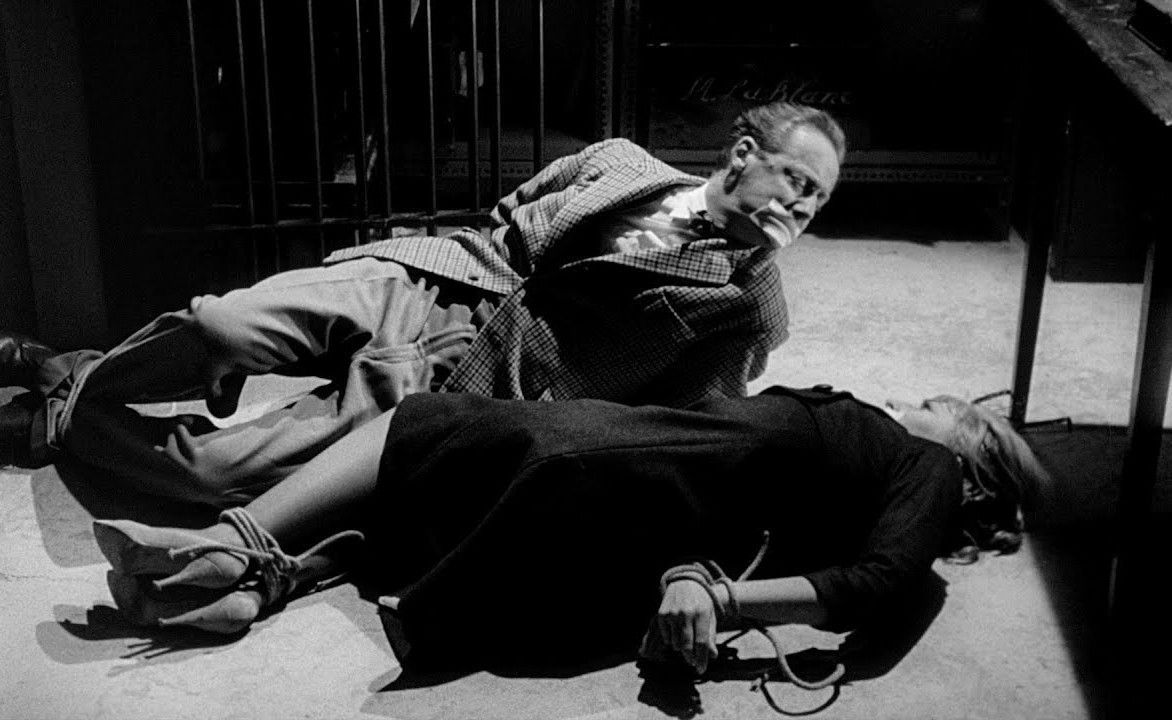Midlands Review of Morris
midlandsmovies • June 15, 2020
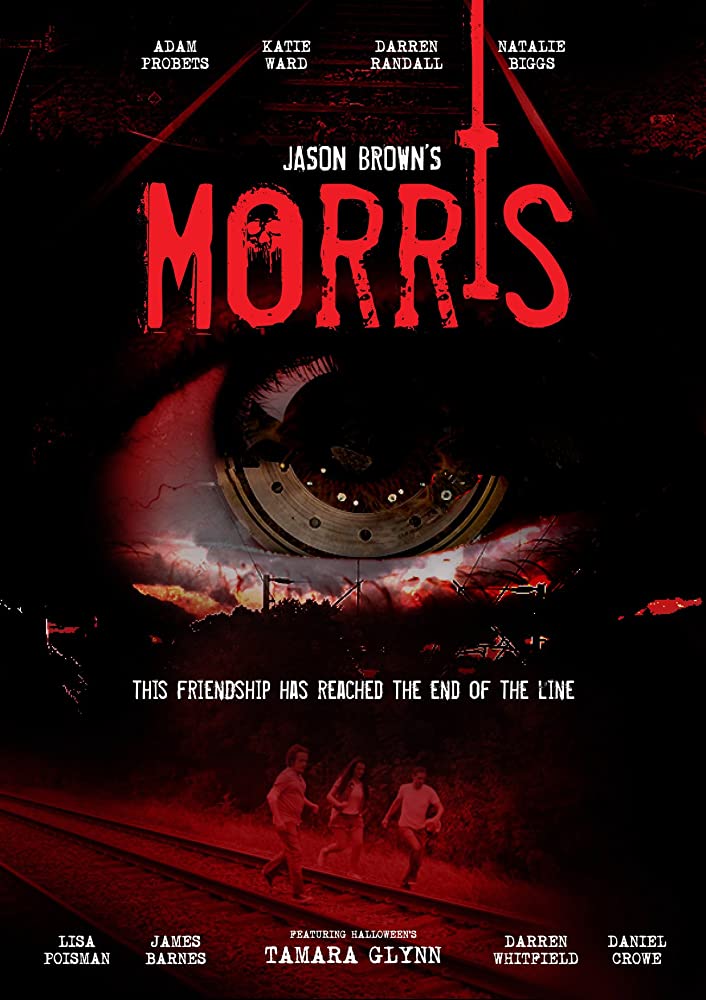
Morris
Director/writer: Jason M.J. Brown
Starring: Adam Probets, Tamara Glynn, Darren Randall, Katie Richmond-Ward, Lisa Poisman, Natalie Biggs
2020
Reviewing a micro-budget feature comes with its own unique set of difficulties. There is an unsaid and rightful expectation placed on the reviewer to look closer at what the cast and crew were trying to achieve, instead of simply notching up a scoreboard of successes and failures.
It’s become especially difficult in recent years, when we are told time and time again that anyone can make a film. This not only vastly undermines the effort required to tell a good story through the medium of cinema. It also places undue pressure on independent filmmakers, who may be expected to produce the same sleek, polished (arguably boring) narratives as the studio system.
Credit then, to writer/director Jason M.J. Brown, who embraces these limitations in their feature Morris, the latest in a line of UK based horror flicks. The tight running time drives the story forward and the spectre that haunts the film is kept in the shadows for much of the running time.
The titular Morris is a young teenager killed while playing on the train tracks. His friends, scared and unable to help, leave his body there; a decision which comes back to haunt them twenty years later.
Brown borrows from classic slasher films to build mystique around Morris. While we see little of the other townsfolk, discussions between the primary cast make it clear that the dead boy has become something of an urban legend. When a bus of school children disappears, rumours circulate that Morris has taken them. Local youngsters are told to stay away from the train tracks in case this monster snatches them.
Watching this through, you can see the main cast slowly ease into their roles. The few stunted exchanges at the start of the film are soon forgotten and a more relaxed, natural chemistry begins to shine through. This is particularly impressive considering cast members were not always available and so were added in during post-production.
When it comes to the horror aspects of the film, instead of peppering it with jump scares Brown focuses on building atmosphere. Morris is often seen in the background of shots and in one particularly effective scene, his shadow lingers almost out of view, waiting to strike. Despite relenting with a couple of low-res special effects towards the end, the drip-feed methodology makes Morris a surprisingly creepy antagonist.
Perhaps Brown is guilty of heading back to the well once too often, placing a false finish at the half-way point when it’s clear that Morris will be back before the running time is over. This only serves to weaken the mystique around Morris. However, some clever touches within the script help to justify this, as we explore not only the haunting of the primary friend-group but also the disappearance of the school bus.
It all comes together in a nice little twist, one that manages to be both surprising yet logical. It’s an effective sting in the tail for a film that has managed to transcend its limitations and showcase some serious talent within the UK independent film scene.
David Lynch has said that restrictions can be the fuel of creativity. A big budget means you can do everything that you want to, without stopping and thinking about whether you should. Still, it would be interesting to see what Jason M.J. Brown is capable of with a little more clout behind him.
Matthew Tilt
Twitter @Matthew_Tilt


